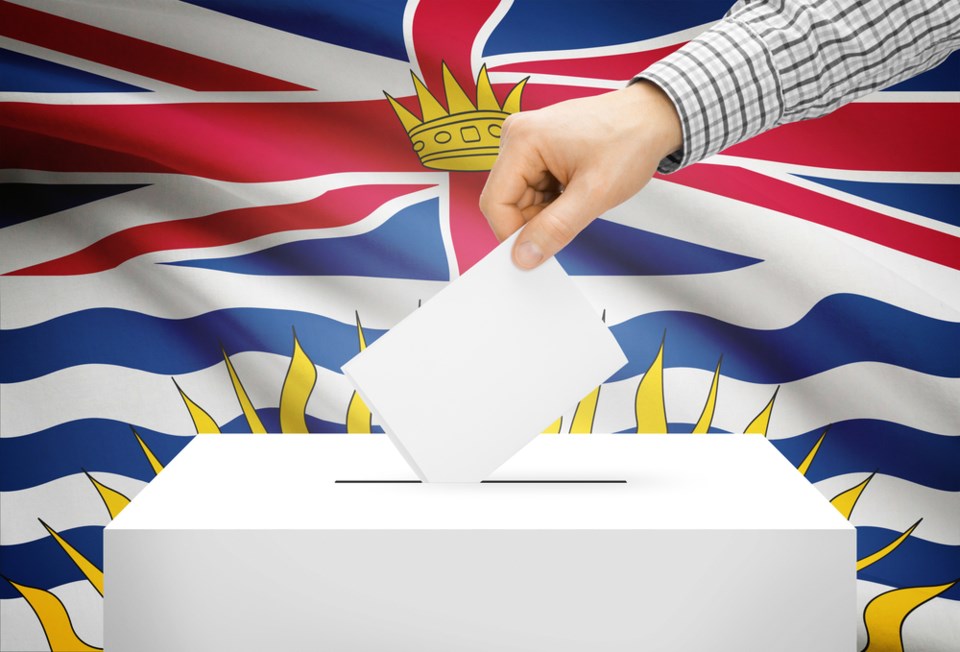VANCOUVER — If the provincial election had been held in the days after John Horgan called for a vote, the B.C. NDP would have captured nearly half the popular vote, according to a poll released Thursday.
Conducted by Leger, the poll found 47 per cent of election-eligible adults surveyed would vote for the NDP, followed by the Liberals at 31 per cent of decided voters.
As well, half of respondents (49 per cent) opposed the election being called at this time, and even a third (32 per cent) of those who said they would vote NDP were opposed to an election during a pandemic.
Yet, the overall approval for the NDP is a significant improvement for the party and a deterioration for the Liberals compared with the 2017 results, where both parties captured just over 40 per cent of the vote, the poll noted.
“I’m not entirely surprised,” Andrew Enns, executive vice-president of the polling firm, said from his office in Winnipeg. “Leger has been tracking [opinions] throughout this whole pandemic and one of the questions we’ve been asking every week since March is general satisfaction with provincial governments and their handling and managing of the pandemic.
“British Columbia has always, almost from the get-go but certainly in the last two or three months, done quite well in regards to that.”
Other findings include:
• Both the NDP (69 per cent) and Liberals (65 per cent) have substantial numbers of committed voters who aren’t likely to switch their vote to another party.
• Horgan was seen favourably by 57 per cent, while 34 per cent had a favourable impression of Liberal Leader Andrew Wilkinson.
• Half (49 per cent) didn’t know enough about Green Party Leader Sonia Furstenau to have an opinion.
• The economy (22 per cent) and managing health and safety during the pandemic (20 per cent) were identified as the major issues, followed by families’ cost of living (16 per cent) and the high cost of housing (13 per cent).
And while there is opposition to Horgan having called an election when he did, Enns pointed out there is also strong support for having a majority government.
“From the premier’s perspective, it can help sometimes to sort of defray the opposition, to say we could end up with stability and stability’s good at this particular time. The premier has conducted himself well and he’s benefiting from that. His main opponents have work to do.”
Leader awareness does increase as campaigns get underway, Enns added.
“It’s very challenging for opposition parties during the pandemic to get any traction other than saying, ‘Yeah, this is the right thing to do.’ It’s really hard to go out and criticize the decisions a government takes during a pandemic.
“A campaign frees up political parties to be a little more aggressive in terms of what they would do.”
The web survey was conducted from Sept. 24-28, polling 802 randomly selected British Columbians 18 years or older who are eligible to vote. It has a margin of error of plus-or-minus 3.5 percentage points, 19 times out of 20.



